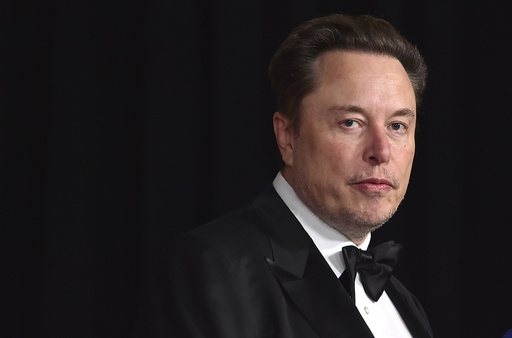California has recently implemented some of the most stringent laws in the country to combat election deepfakes leading up to the 2024 election. These laws were signed by Governor Gavin Newsom during an artificial intelligence conference in San Francisco. The legislation prohibits the use of AI to produce false images and videos in political advertisements near Election Day. This move positions California as a potential pioneer in testing such laws, aiming to prevent the spread of misinformation during elections.
The new California law, considered the most comprehensive among similar proposals in over a dozen states, not only targets materials that could impact voting decisions but also addresses any misleading visuals related to election integrity. It encompasses depictions of election personnel and voting equipment, in addition to political candidates. One of the laws, effective immediately, criminalizes the creation and dissemination of false election-related materials within 120 days before and 60 days after Election Day, granting courts the authority to halt their distribution and subjecting violators to civil penalties, with exceptions made for parody and satire.
Governor Newsom and lawmakers highlight the importance of preserving public trust in U.S. elections within a challenging political environment as the motivation behind these measures. Despite this, the legislation has sparked criticism from supporters of free speech and social media platforms. Elon Musk, the creator of the platform X, criticized the constitutionality of the new California law, labeling it a violation of the First Amendment. Musk reposted an AI-generated video on X featuring manipulated audio of Vice President Kamala Harris, prompting Newsom to pledge further legislation against such practices in July.
There is skepticism about the effectiveness of these laws in combatting election deepfakes, according to Ilana Beller of the advocacy organization Public Citizen. Beller notes that none of the laws has been tested in court and highlights the potential delays in legal processes compared to the rapid dissemination of fake content. Despite these challenges, having such laws in place may act as a deterrent against potential violations. Newsom’s office has not yet commented on whether Musk’s post breached the new state law, while the author of the law, Assemblymember Gail Pellerin, was unavailable for immediate comment.
Governor Newsom also signed two additional laws, building upon prior legislation from 2019, which require campaigns to disclose AI-generated materials and mandate that online platforms remove deceptive content. These laws will come into effect after the 2024 election.




